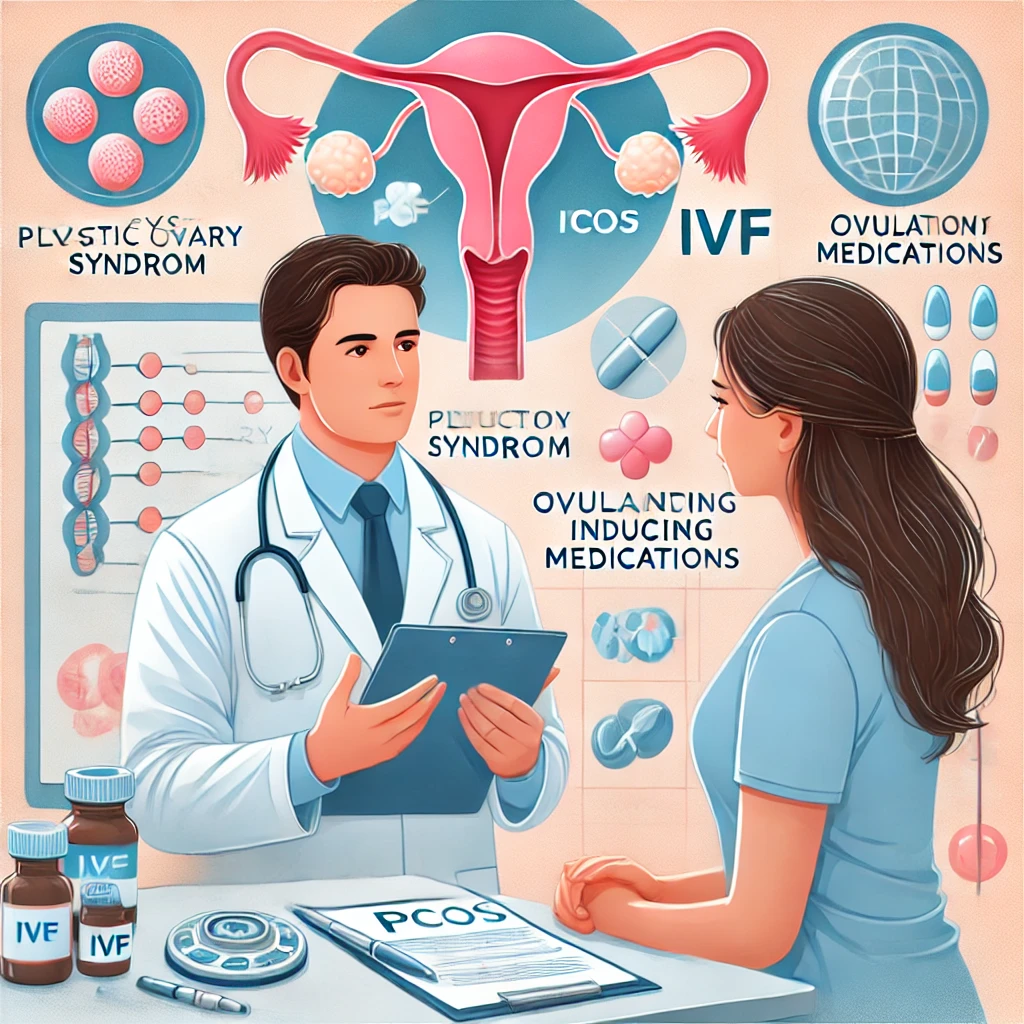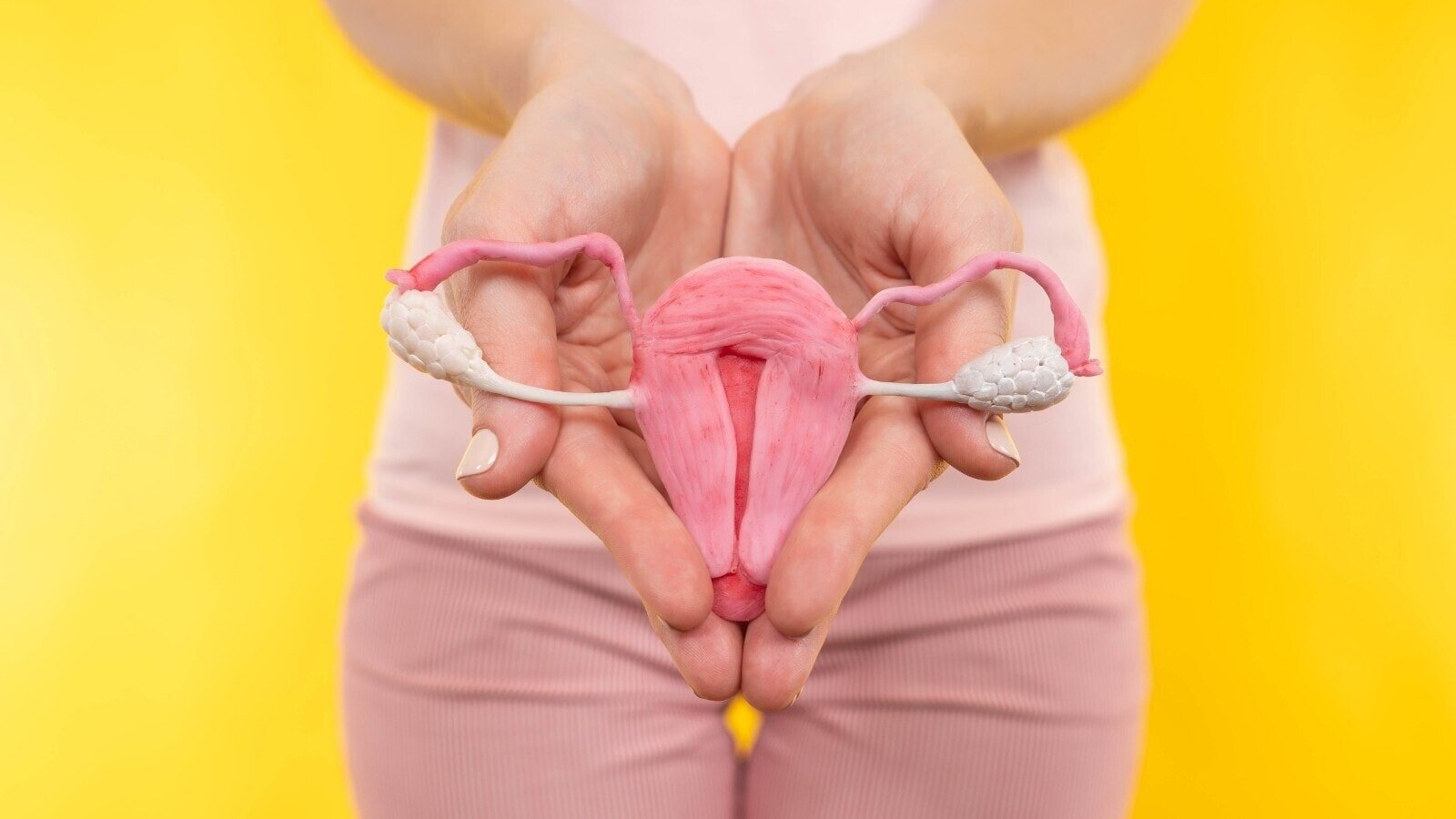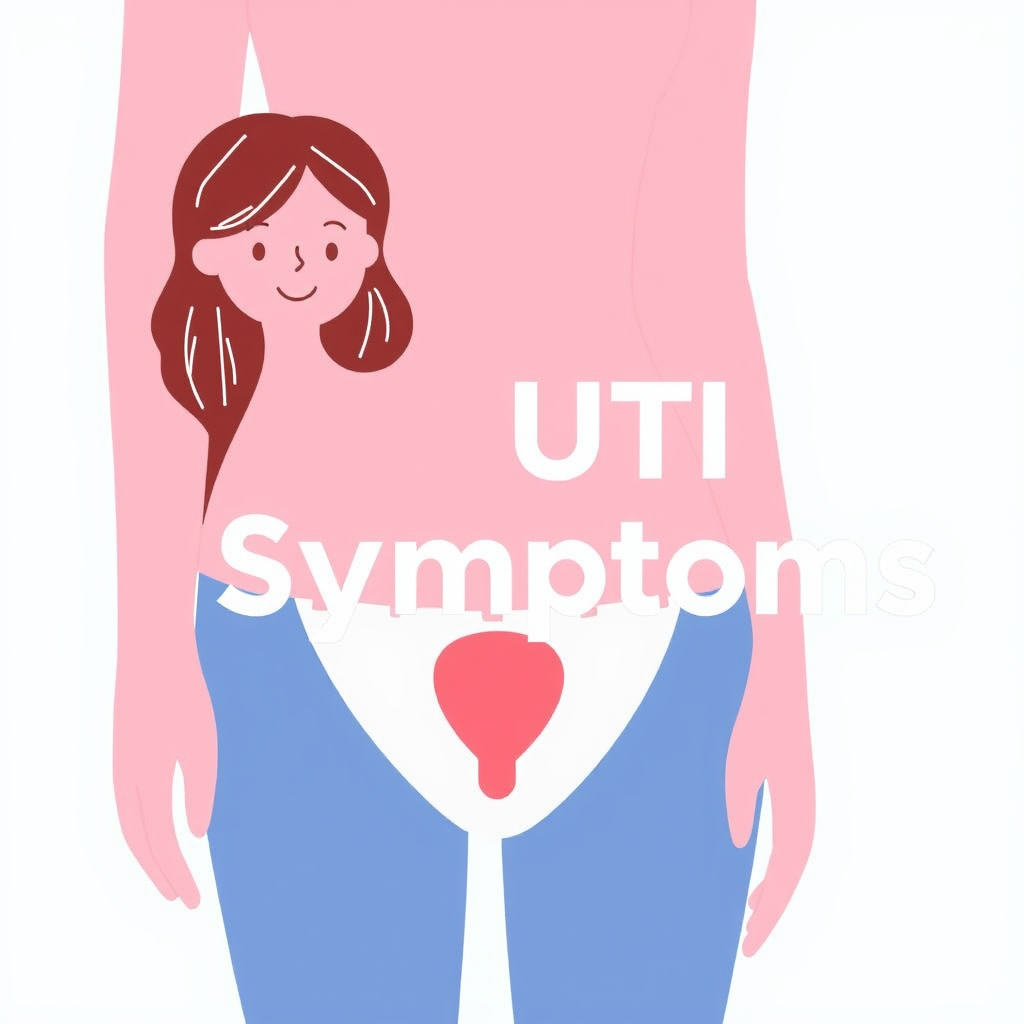Sexual desire, also known as libido, is an important part of our physical and mental health. When women have low sexual desire, it affects not only their personal lives but also their relationships and mental state. Therefore, it is important to understand it as a disorder.
What is low sexual desire?
Low sexual desire does not mean that the woman is not interested in sex, but it means that her sexual attraction and desire are less than normal. It is also called “hypoactive sexual desire disorder” (HSDD), which is one of the most common sexual problems in women.
Read More- 10 Ways to Enhance Intimacy in Bed for a Healthier Relationship
Why is it considered a disorder?
A decrease in sexual desire is considered a disorder when it affects a woman’s quality of life. If a woman’s sexual desire is reduced or she feels less fulfilled, and this condition creates an imbalance in her mental health or relationships, then it is classified as a disorder. It can not only be a physical problem but is also associated with cognitive, emotional, and social aspects.
Causes of Low Sexual Desire
Low sexual desire can have many causes, including physical, mental, and emotional factors:
- Hormonal Imbalance: Hormonal changes during pregnancy, postpartum, or menopause can affect women’s sexual health.
- Mental Health: Stress, anxiety, depression and other cognitive problems can reduce sexual desire.
- Physical Problems: Certain health problems, such as diabetes, heart disease, or thyroid disorder, can also affect sexual desire.
- Medications: Certain medications, such as antidepressants or birth control pills, can reduce sexual desire.
- Relationship Problems: If there is a problem in the relationship, such as a lack of communication or a lack of emotional connection, sexual desire may be affected.
Is it Normal?
Some women may experience low sexual desire from time to time, but when it becomes a persistent and severe problem, it can be a matter of concern. If this problem is causing mental stress for a woman or affecting her relationships, it can be considered a disorder and may require treatment.
Treatments and Solutions
Low sexual desire can be treated with a variety of measures, and it varies from woman to woman. Some common treatment options may be as follows:
- Psychological Counseling: Therapy may be helpful to overcome stress, anxiety, and relationship problems.
- Hormonal Therapy: If the problem is caused by hormonal imbalance, the doctor may recommend hormonal therapy.
- Medications: Some medications may help increase sexual desire, such as flibanserin, which helps increase sexual desire in women.
- Lifestyle Changes: A good diet, regular exercise, and adequate sleep can also improve sexual health.
Important Point
To understand low sexual desire in women, it is important to look at it from a physical, mental, and emotional perspective. Every woman’s experience is different and hence the treatment can be individualized. If you or someone you know is having this problem, the best step is to consult a specialist.
Remember, talking openly about sexual health and accepting your problems can be the first step to solving any problem.











Leave a Reply